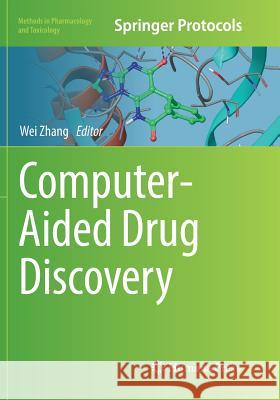Computer-Aided Drug Discovery » książka
topmenu
Computer-Aided Drug Discovery
ISBN-13: 9781493980659 / Angielski / Miękka / 2018 / 305 str.
Computer-Aided Drug Discovery
ISBN-13: 9781493980659 / Angielski / Miękka / 2018 / 305 str.
cena 389,98 zł
(netto: 371,41 VAT: 5%)
Najniższa cena z 30 dni: 385,52 zł
(netto: 371,41 VAT: 5%)
Najniższa cena z 30 dni: 385,52 zł
Termin realizacji zamówienia:
ok. 20 dni roboczych.
ok. 20 dni roboczych.
Darmowa dostawa!
Kategorie BISAC:
Wydawca:
Humana Press
Seria wydawnicza:
Język:
Angielski
ISBN-13:
9781493980659
Rok wydania:
2018
Wydanie:
Softcover Repri
Ilość stron:
305
Waga:
0.55 kg
Wymiary:
25.4 x 17.78 x 1.7
Oprawa:
Miękka
Wolumenów:
01
Dodatkowe informacje:
Wydanie ilustrowane











